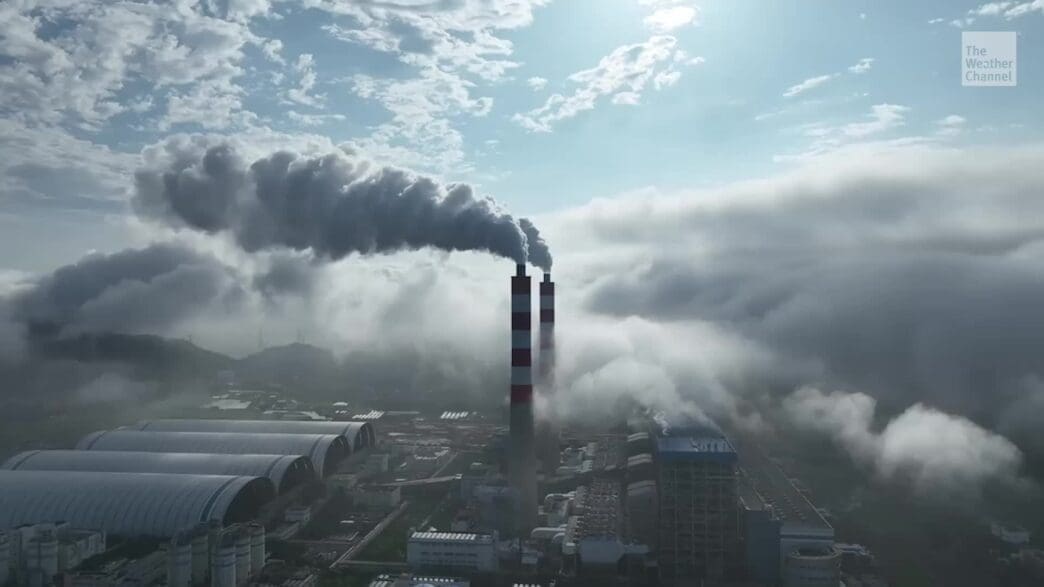Executive Summary
The Story So Far
Why This Matters
Who Thinks What?
The Trump administration recently proposed to end a federal program requiring coal-fired power plants, industrial factories, and oil refining facilities to report their planet-warming pollution. This action would cease the annual disclosure mandate for over 8,000 facilities and suppliers in the United States, a program that has been active since 2010.
The Greenhouse Gas Reporting Program has historically collected data used to inform rules aimed at reducing air pollution. EPA Administrator Lee Zeldin framed the proposed changes as a step to eliminate what he described as burdensome regulations.
Administration’s Rationale
Administrator Zeldin stated that the Greenhouse Gas Reporting Program is “nothing more than bureaucratic red tape that does nothing to improve air quality.” He further argued that the program costs American businesses and manufacturing billions of dollars, increasing living costs, jeopardizing national prosperity, and harming American communities.
The EPA, in its news release, asserted that a review concluded it was not legally required to compel fossil fuel producers and major industrial businesses to report emissions under the Clean Air Act.
Environmental Concerns
Environmental advocates have strongly criticized the proposal, viewing it as another instance of the Trump administration providing a “free pass” to polluters. David Doniger, a senior strategist at the Natural Resources Defense Council, stated that “Big polluters may want to keep their climate pollution secret, but more than 15 years ago Congress ordered EPA to collect and publish this data each year.”
Doniger contended that the proposal grants polluters the secrecy they desire, claiming it is in violation of the law.
Changes to Reporting Requirements
Under the proposed changes, only certain oil and gas facilities, including natural gas pipelines, would still be mandated to report emissions of gases such as methane. However, these facilities could delay reporting those emissions until the year 2034.
Beyond federal rule-making, the data collected by the program is also utilized by local communities to monitor harmful air pollution from nearby industries. Additionally, the United Nations uses this information as part of U.S. obligations under the UN Framework Convention on Climate Change.
In summary, the Trump administration’s proposal to end the Greenhouse Gas Reporting Program marks a significant shift in federal environmental policy, citing regulatory burden while drawing strong opposition from environmental groups concerned about transparency and legal compliance.








